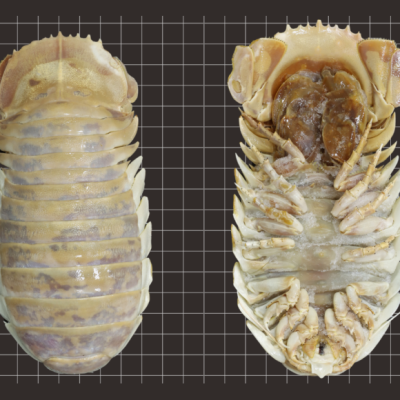New research has shed light on the Megalodon, the giant prehistoric shark, revealing that it was able to maintain a body temperature that was about seven degrees Celsius warmer than the surrounding water. This discovery provides new insights into the life and extinction of this fascinating creature. The Megalodon, one of the largest and most terrifying creatures to ever roam the oceans, has been extinct for millions of years. However, its legacy lives on in science, where researchers are constantly gaining new insights into the life of these giant prehistoric sharks.
A recent study has made a remarkable discovery: the Megalodon was able to maintain a body temperature that was about seven degrees Celsius warmer than the surrounding water. This finding comes from an analysis of isotopes in the enamel of the ancient shark’s teeth. The scientists concluded that this temperature difference is greater than in other sharks that lived alongside the Megalodon. This discovery is significant enough to classify the Megalodon as a warm-blooded animal. The scientists used the teeth of the Megalodon, the most common fossil remains of the shark, as a kind of “thermometer.”
The Megalodon’s ability to regulate its body temperature allowed it to move faster, tolerate colder waters, and spread throughout the world. However, this ability may have also contributed to its downfall. The Megalodon lived during the Pliocene, a period that began about 5.33 million years ago and ended 2.58 million years ago. During this period, the Earth experienced a phase of global cooling that led to significant ecological changes. These changes may have posed challenges to the Megalodon that it could not survive. The study not only provides new insights into the life of the Megalodon but also into the factors that may have contributed to its extinction. It underscores the importance of understanding the adaptations and living conditions of prehistoric animals to better understand the impact of current and future climate change on wildlife.










